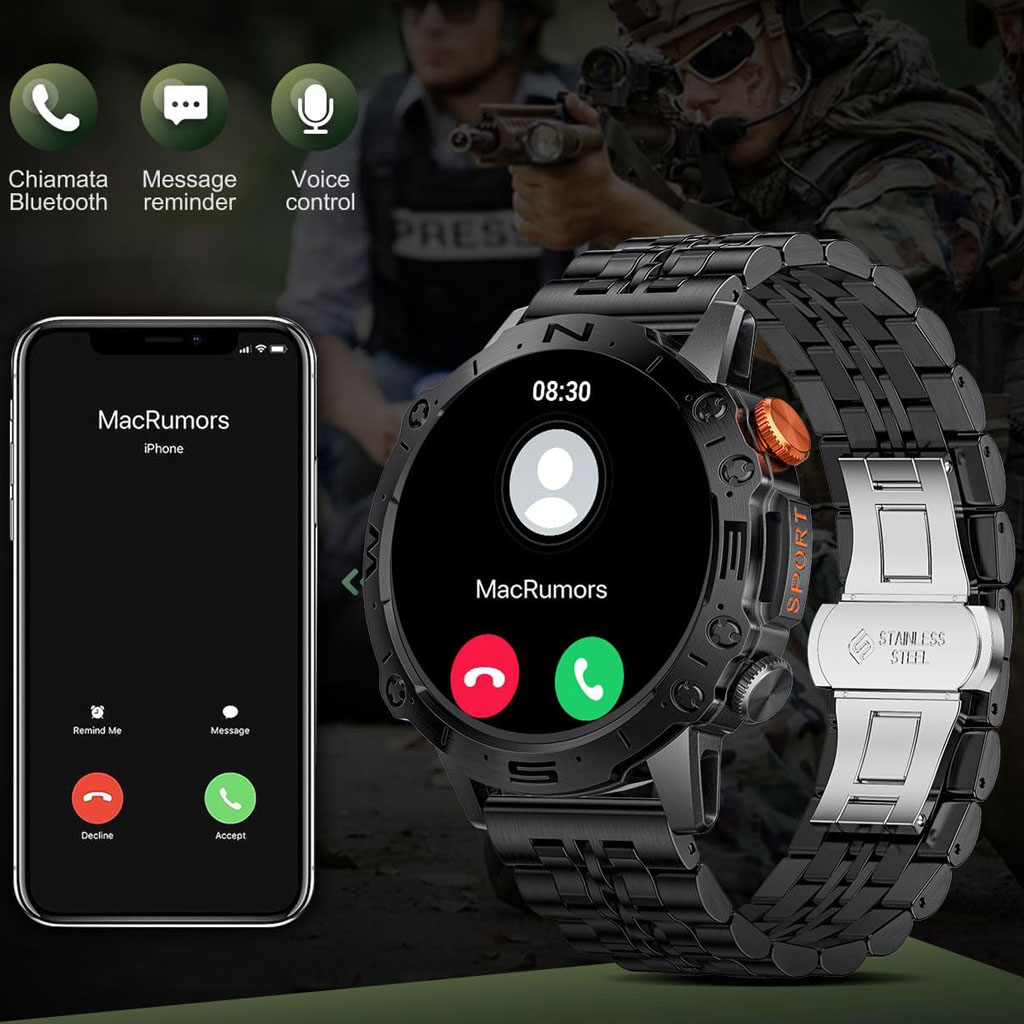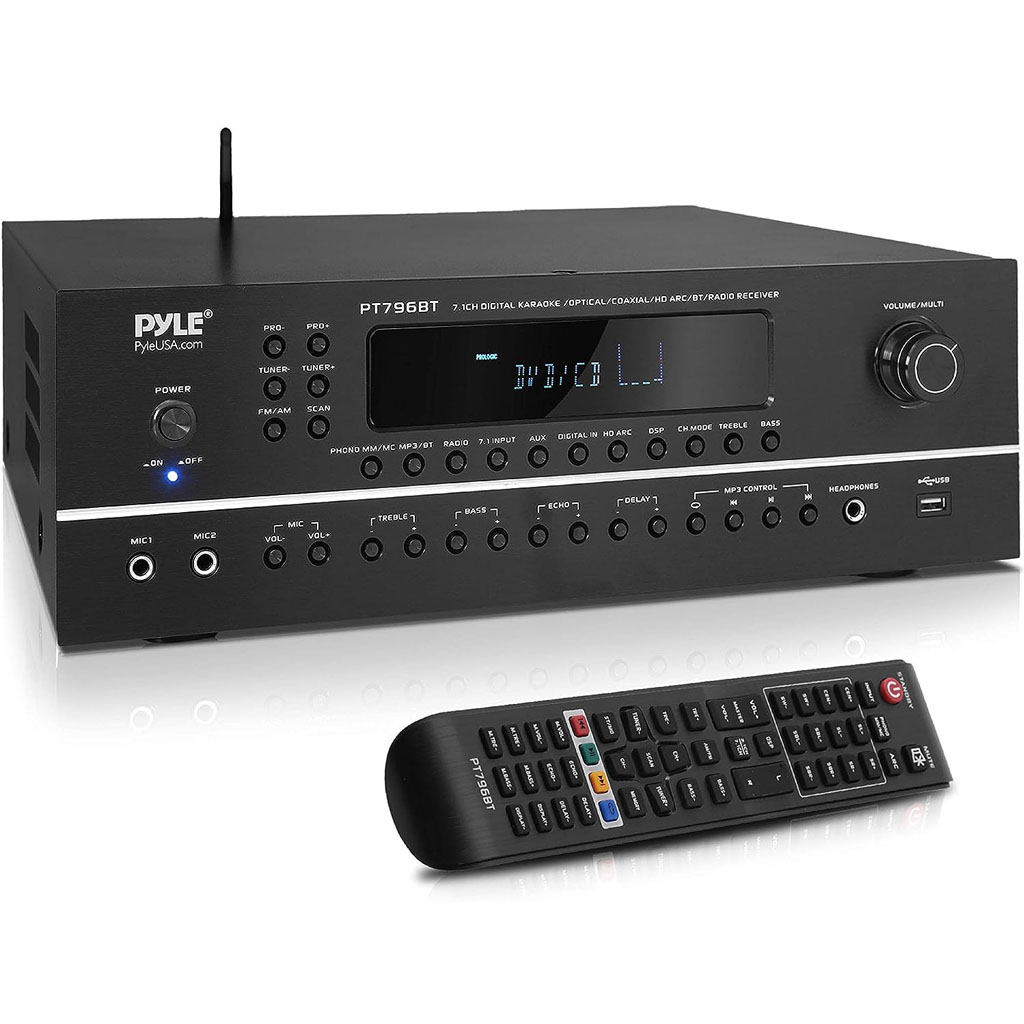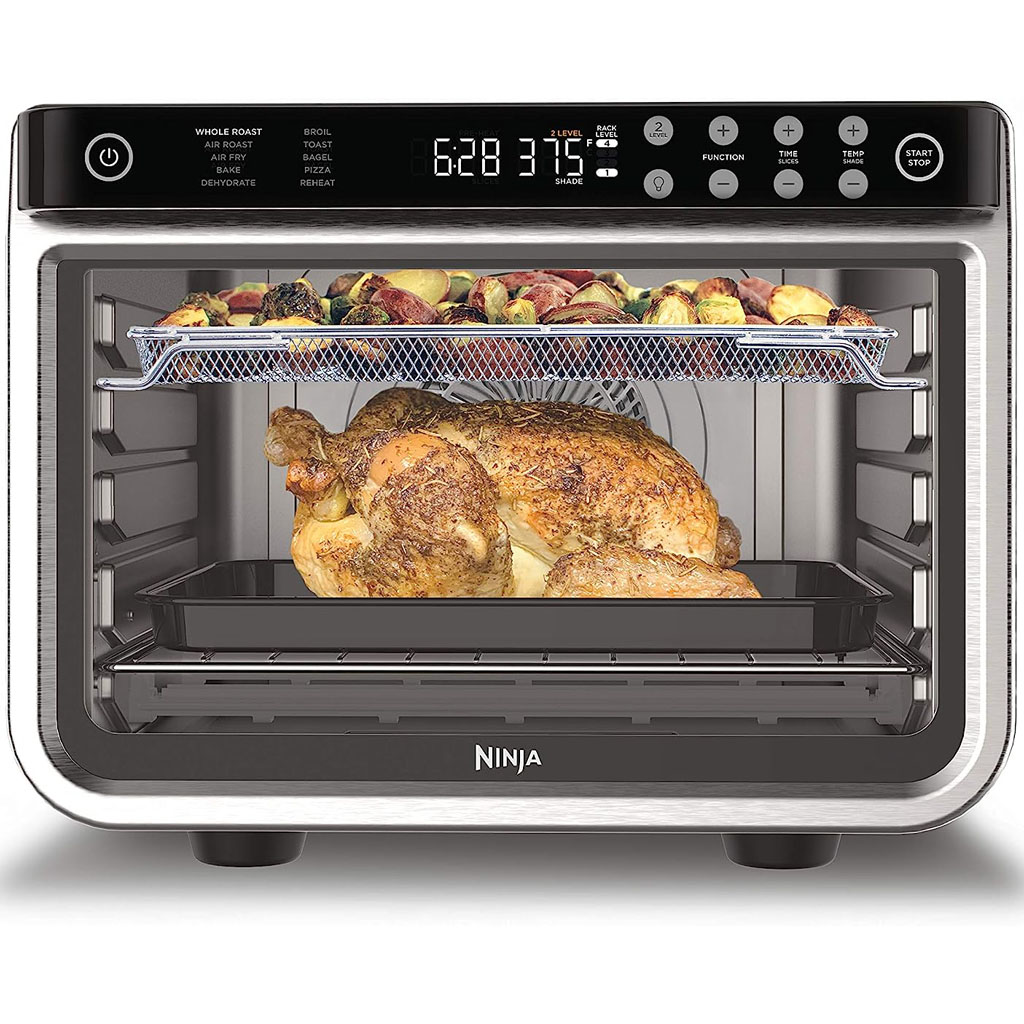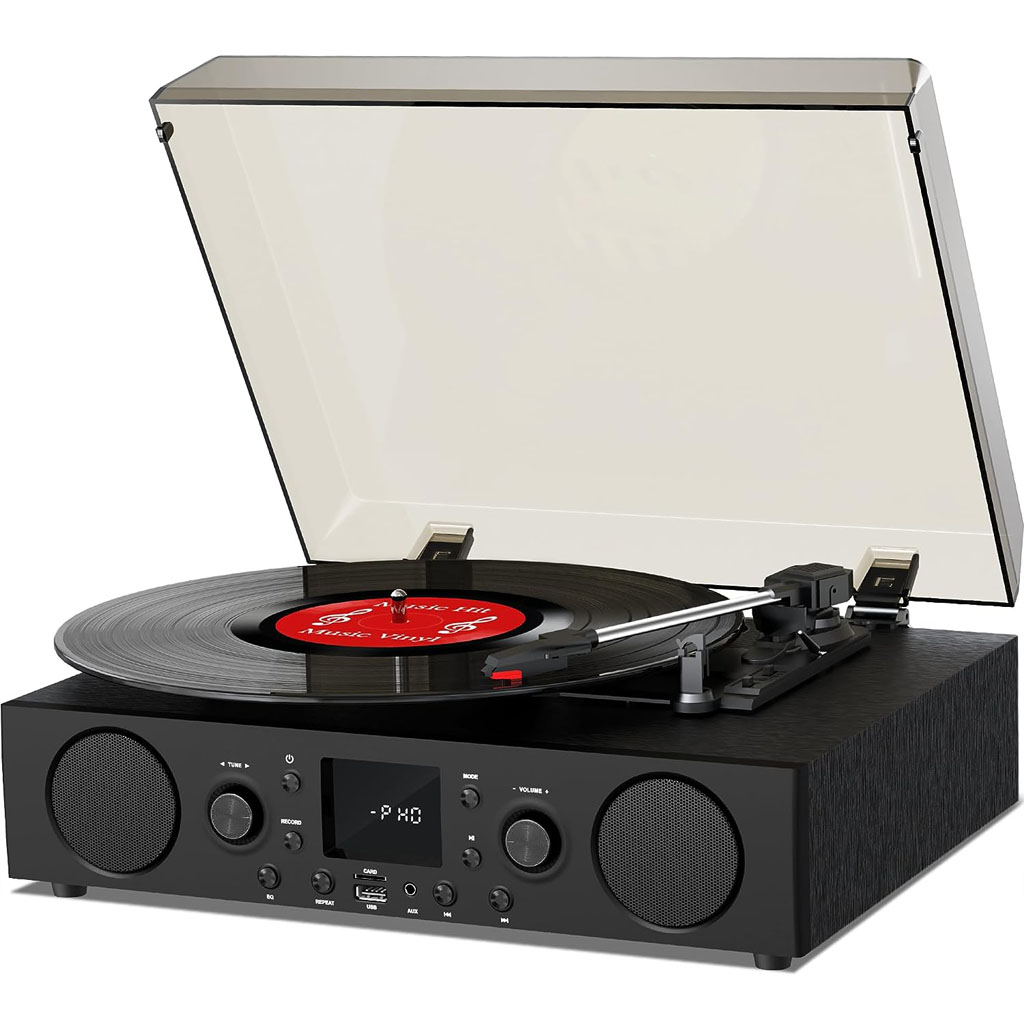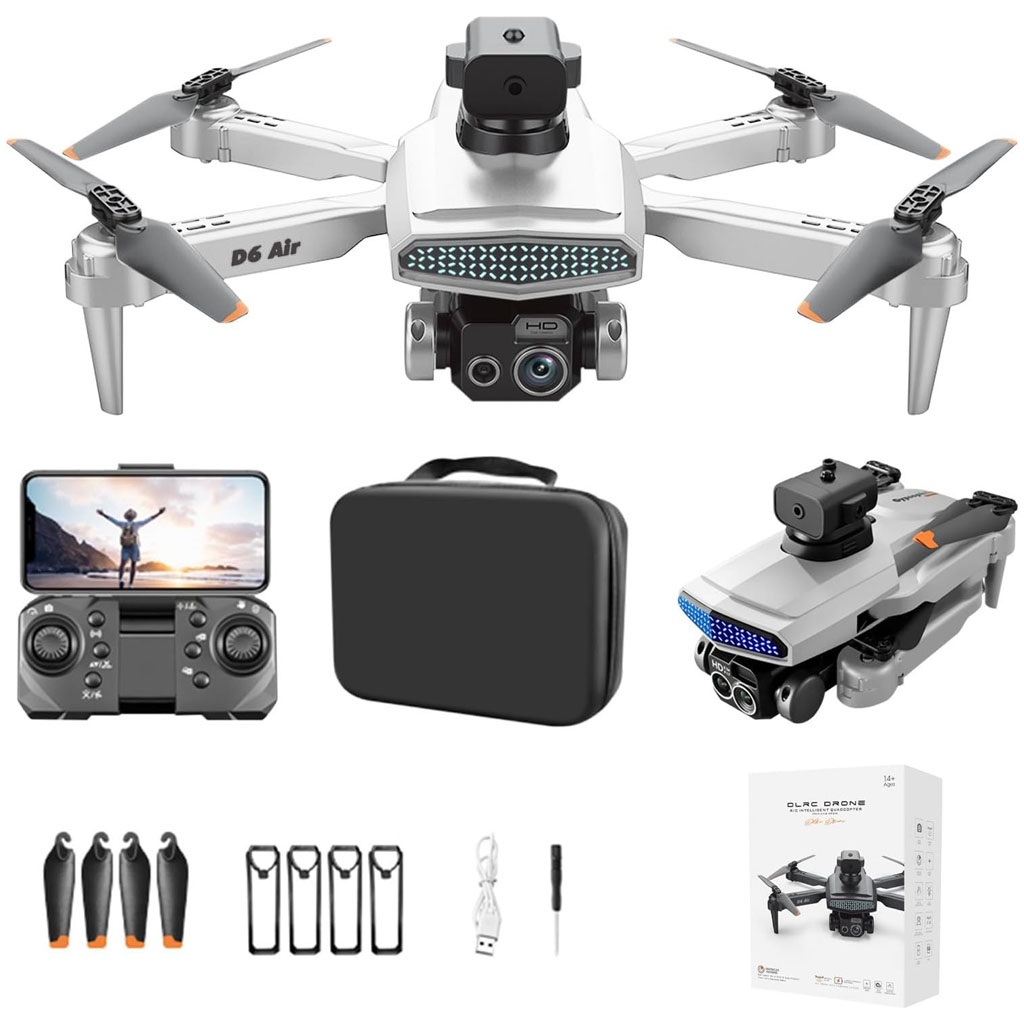Last Updated | May 12, 2023
In today’s fast-paced business world, it’s crucial to have a system that can integrate all your business processes, from inventory management to order fulfillment. The Shopify ERP connector is a powerful solution that can help you achieve this by seamlessly connecting your Shopify store with your ERP system with the help of custom Shopify App development or native app integration.

In this blog, we will explore what the Shopify ERP connector is, how it works, and the benefits it can bring to your business. So, let’s dive in and discover how this tool can transform your business operations.
What is a Shopify ERP Connector
A Shopify ERP connector is an app that connects a Shopify store with an Enterprise Resource Planning (ERP) system. The Shopify ERP connector allows data to flow seamlessly between the two systems, ensuring that the information in both systems is up-to-date and accurate. This integration can help businesses streamline their operations, reduce errors, speed optimization and improve efficiency.
Read Also Integrate Shopify into an Existing Website
For example, when a customer places an order on a Shopify store, the Shopify ERP connector will automatically sync the order information with the ERP system. This will update the inventory levels in the ERP system, allowing the business to keep track of its stock levels in real time. The connector can also update the financial records in the ERP system, making it easier for the business to manage its cash flow and make informed financial decisions.
Read Also Mulesoft Shopify Connector
There are three types of integration for Shopify ERP connector integration:
Custom Integration
This type of integration involves building a custom solution to connect the ERP system with other applications. Custom Shopify integration requires a high level of technical expertise and can be time-consuming and expensive. However, it allows for greater flexibility and customization to meet specific business needs.
Vendor-built or Native Integration
This type of integration is built by the ERP vendor and is often included as part of the ERP system. Native integration is typically easier to set up and maintain than custom integration, as it is designed to work seamlessly with the ERP system. However, it may not offer the same level of customization as a custom integration.

Integration Platform as a Service (iPaaS)
This type of integration uses a cloud-based platform to connect the ERP system with other applications. iPaaS solutions offer pre-built connectors and workflows that make it easier to integrate different systems. They are typically easier to set up and maintain than custom integration and offer high flexibility and customization.
One thing to notice in all these types is that all three use Shopify ERP connectors. Even if you hire Shopify experts for ERP connector, they will still use a Shopify ERP connector.
Benefits of Shopify ERP connector
The following are the main benefits of a Shopify ERP connector:
Upgraded Legacy Systems
Legacy systems can be outdated and difficult to maintain, which can lead to inefficiencies and errors. By integrating Shopify with an ERP system, businesses can upgrade their legacy systems and take advantage of modern technologies.
Read Also Shopify Connector by Intuit
This can help to improve efficiency, reduce errors, and increase productivity. For example, an ERP system can provide real-time data on inventory levels, order status, and customer information, which can help businesses make better decisions and respond more quickly to changing market conditions.
Centralized Data
The Shopify ERP connector allows businesses to centralize their data, which can help to streamline operations and reduce the risk of errors. By integrating Shopify with an ERP system, businesses can ensure that all data is stored in a single location, which can help to eliminate data silos and improve data accuracy.
This can also help to improve decision-making by providing real-time access to data. For example, businesses can use an ERP system to track inventory levels across multiple sales channels, which can help to prevent stockouts and overstocking.
Automated Processes
The Shopify ERP connector can automate many processes, such as order processing, inventory management, and manage shipping through Shopify apps. This can help to reduce manual labor and improve accuracy, which can save time and money. For example, businesses can use an ERP system to automatically update inventory levels when an order is placed, which can help to prevent stockouts and overstocking. This can also help to reduce the risk of errors, such as incorrect order fulfillment or shipping.
Read Also Hire Someone to Build Shopify Store
Better Customer Experience
By integrating Shopify with an ERP system, businesses can provide a better customer experience. This can include faster order processing, more accurate inventory information, and better tracking and delivery options. For example, businesses can use an ERP system to provide real-time updates on order status and shipping information, which can help to improve customer satisfaction.
This can also help to reduce the risk of errors, such as incorrect order fulfillment or shipping, which can damage the customer experience.
How to Use Shopify ERP Connector
To integrate an ERP (Enterprise Resource Planning) system with other applications, you can use an iPaaS (Integration Platform as a Service) integrator or a Shopify ERP connector services provider.
This allows you to connect different systems and automate data transfer between them. However, to achieve successful integration, you need to follow a few steps.
- Configure the API token for your ERP and other systems that you want to integrate.
- Create flows that define the interactions between your ERP and other applications. These flows will specify how data will be transferred during integration and how CRUD operations will be performed.
- Configure pipe connections in the connected systems.
- Set up mapping and modifiers. For instance, you can add a new customer to specific contacts in your CRM such as Zoho and then synchronize the label with your email marketing software to initiate a welcome campaign.
- Establish your sync schedule and frequency. If you require real-time synchronization, you must ensure that the ERP system and other applications are automatically exchanging fresh data with each other.
You can hire Shopify developers for ERP connector developers to implement all this for you as well.
Best ERP Software for Shopify
There are some of the absolute best Shopify ERP connectors available for ERP systems. You can opt for Shopify app development services for the Shopify integration services for the Shopify ERP connector.
- Netsuite
- Dynamic 365
- Odoo
- Oracle
- SAP
- Quickbooks
How Folio3 Can Help You with ERP Integration Services
Folio3 Shopify ERP Connector Company is a software solution that allows businesses to integrate their Shopify store with their ERP system. This integration can help businesses streamline their operations, improve efficiency, and reduce errors by automating data transfer between the two systems.
Some of the benefits of using Folio3 Shopify ERP connector agency includes:
Real-Time Data Synchronization
The connector allows for real-time synchronization of data between Shopify and the ERP system, ensuring that both systems have the most up-to-date information.
Automated Order Processing
The connector can automate the order processing workflow, from order creation to fulfilment and shipping, reducing the need for manual intervention.
Inventory Management
The connector can help manage inventory levels by automatically updating inventory data in both systems, reducing the risk of overselling or stockouts.
Financial Management
The connector can help manage financial data, such as sales and revenue, by automatically transferring data between Shopify and the ERP system.
Overall, Folio3’s Shopify ERP connector can help businesses improve their operations and increase efficiency by integrating their Shopify store with their ERP system. They can provide you with professional Shopify Development Company for ERP connector Solutions at very reasonable costs.
FAQs
How Does Shopify ERP Connector Work?
Shopify ERP connector works by connecting Shopify and the ERP system through an API. It transfers data between the two systems in real-time, ensuring that both systems have the most up-to-date information.
Is Shopify ERP connector Easy To Use?
Yes, the Shopify ERP connector is designed to be user-friendly and easy to use. It has a simple interface that allows businesses to set up and configure the integration quickly and easily.
Is Shopify ERP connector Secure?
Yes, the Shopify ERP connector is designed with security in mind. It uses industry-standard encryption and security protocols to ensure that data is transferred securely between the two systems.
Can the Shopify ERP connector Be Customized?
Yes, Shopify ERP connectors can be customized to meet the specific needs of the business. Folio3 offers customization services to tailor the integration to your specific requirements. You might have to get a Shopify theme development and plugin development company for this purpose.
What Kind Of Support Does Folio3 Offer For the Shopify ERP connector?
Folio3 offers comprehensive support for Shopify ERP connectors, including installation, configuration, customization, and ongoing Shopify maintenance and support. They also provide training and documentation to help businesses get the most out of the integration. Folio3 also provides a Shopify theme customization service, making the whole integration seamless.
Source: https://ecommerce.folio3.com/blog/shopify-erp-connector/

